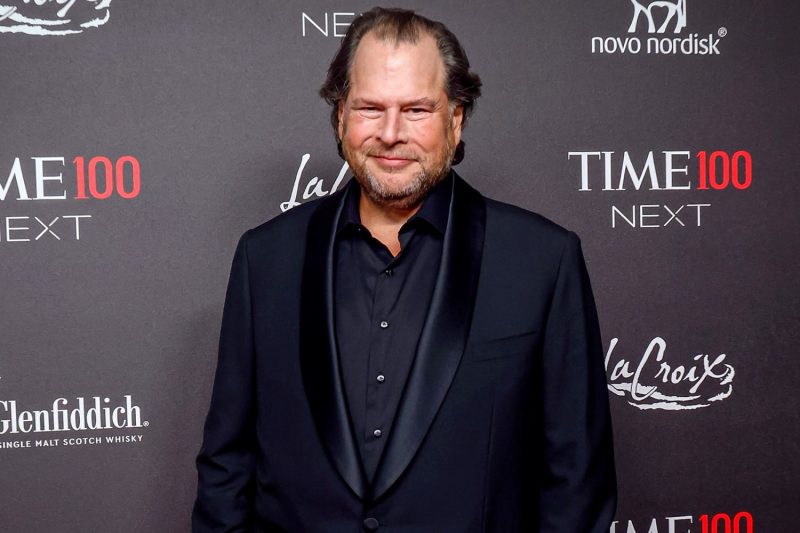Marc Benioff, the billionaire founder and CEO of Salesforce, is reportedly discussing a deal to divest his ownership of TIME Magazine to an international media group named Antenna. A Greek company, Antenna Group houses over 3,000 employees around the world and is Europe’s leading international media and entertainment organization.
Marc Benioff, who is said to have a net worth of approximately $10 billion, purchased Time Magazine from Meredith Corporation alongside his wife Lynne Benioff back in September 2018. It was a unique acquisition, as neither Marc nor Lynne had experience in the publishing industry. Instead of merging TIME with Salesforce, the couple ran it as a standalone business. The purchase, priced at $190 million, was not just an investment, but a move to fuel public conversation on important issues.
However, three years after buying TIME, the couple is in ongoing negotiations to sell their stakes to Antenna Group. This move was considered surprising by some, especially after the couple had initiated some bold measures to modernize and digitize the magazine. These changes, both cosmetic and substantive, were designed to help the magazine better adapt to the technological era, and to extend its reach by utilizing robust digital platforms that can compete with other digital storytelling mediums.
Antenna, for its part, seems like a natural fit to acquire TIME. Its extensive media network spans six European territories and cover digital, free-to-air, pay television, radio, and social media. Its diversified and wide footprint could assist in further amplifying the reach of TIME Magazine. It could also provide extensive exposure by leveraging its access to international markets.
It’s important to note that both parties are still in the negotiation phase and have not made a definitive agreement. Both Benioff and Antenna withhold commenting on the talks, which are confidential. Furthermore, Antenna communicated to Reuters that it frequently converses with businesses about prospective opportunities, thus emphasizing that this isn’t a notable deviation from its standard operations.
However, if completely actualized, this transaction could stand as a significant example of an American media property transitioning into European ownership – reflecting an ever-growing globalization of the news industry.
The discussions between Benioff and Antenna don’t necessarily signal a negative turn for TIME Magazine. On the contrary, it may only mean growth and further possibilities for the publication. Indeed, hiring Edward Felsenthal, the magazine’s editor-in-chief and CEO, had been a part of Benioff’s plan to usher in progressive leadership and a new era for TIME.
The widely revered magazine has continued to enjoy a high level of readership and respect, thanks to its innovative storytelling and steadfast dedication to journalism. If the sale goes through, it will be interesting to see how this American jewel of print media manages under its new ownership.
In conclusion, while it’s too early to predict the full impact of this potential sale on TIME Magazine, it might provide the magazine with new opportunities to scale and innovate, possibly revolutionizing the path ahead for media outlets striving to strike a balance between traditional journalism and modern digital tactics.
